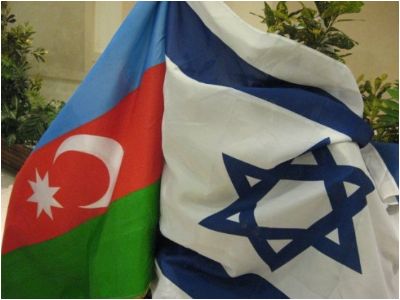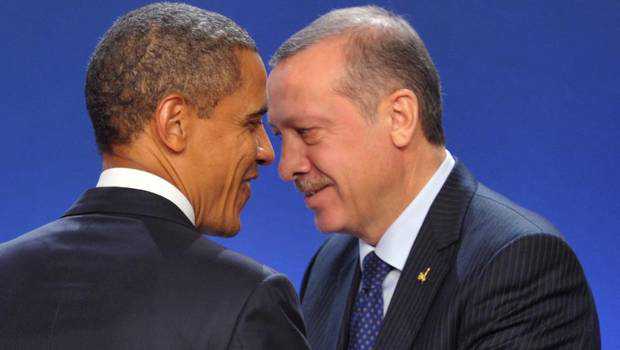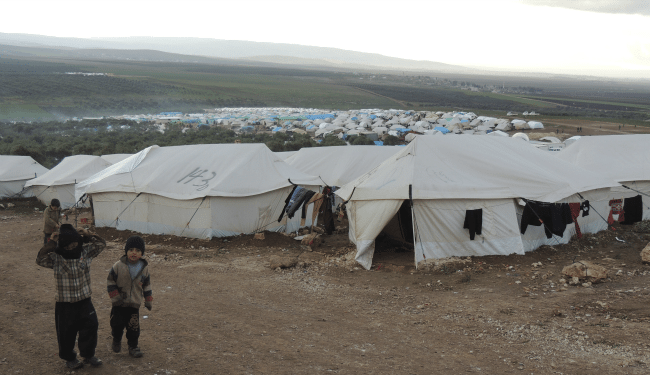 Gulnara Inanch, director of Information and Analytical Center Etnoglobus (ethnoglobus.az), editor of Russian section of Turkishnews American-Turkish Resource website www.turkishnews.com
Gulnara Inanch, director of Information and Analytical Center Etnoglobus (ethnoglobus.az), editor of Russian section of Turkishnews American-Turkish Resource website www.turkishnews.com
Since the declaration of Azerbaijan as an independent country, the visit of an influential political-diplomatic head of state body to Israel on April 21 can not be estimated as a simple event. Usually, the President of Azerbaijan and minister of foreign affairs meet with their colleagues in the international ceremonies. But as we stepped to new stage in geopolitics, the terms of game have been changed. In this regard the visit of Elmar Mammadyarov, the Minister of Foreign Affairs of Azerbaijan, to Israel should be explained from different standpoints.
First of all, some months ago, during the US President Barrack Obama’s visit to Tel-Aviv it was achieved to warm the Turkey-Israel relations. Tel-Aviv had initially refused to apologize and to compensate the events that occurred during the attack of “Blue Marmara” (Mavi Marmara) ship that carried humanitarian aid to Gazza district which is under block. But, the reason of persuading Israel by B.Obama to change its views to the very issues is not just related with that Turkey is strategic country. I think that, the main purpose is to warm the relations between Turkey and Israel, another powerful country in the area, and bring to position of strategic cooperation as it was some years ago.
The main purpose in this project is improvement and propaganda of importance and authority of each country, jointly and separately, in their place of location.
It should be mentioned that until deterioration of relations between Israel and Turkey there was Turkey-Azerbaijan-Israel strategic trio. These three countries maintain their specific geopolitical code in their area. Following collapse of Soviet Union, blocking and two-pole world factor have been weakened for some period. But, all processes that have occurred within recent years lead to blocking and grouping of countries again. While B.Obama was solving the problem in regard to Ankara-Tel Aviv relations discussion of terms of Azerbaijan’s place in Turkey-Israel strategic duet are said to have been discussed.
The second issue is the first visit of Azerbaijani official to Palestine. Though official Baku established close and development-inclined relations with Israel, Azerbaijan maintains positive image in Arabian world thanks to recognition of the independency of Palestine and supporting division of Quds in two – eastern and western parts.
At the end of last year, Khaled bin Saud bin Khaled, the Prince, the Minister of Foreign Affairs of Saudi Arabia, confirmed that it is necessary that international community should increase the pressure over Yerevan in order to solve Nagorno Karabakh conflict.
Israel officials have repeatedly confirmed their interest in increasing the authority of Azerbaijan in Middle East adding that they do their best for this purpose. One of the reasons is the need of availability of any other alternative country to Turkey in the area. As a result of this, imperial claims of Turkey are back, Azerbaijan is a small country and it does not have any imperial ambitions. By the way, in Northern Caucasus policy Russia bases on this factor referring to Azerbaijan. That’s why, in some regional issues official Baku can be a mediator.
Official Baku tries to draw Islamic world’s attention to Karabakh conflict in parallel with Quds problem. In this case, Ramallah meetings would be an important step in order to draw Islamic world’s attention to Nagorno Karabakh conflict.
I would like to draw your attention to another interesting issue. Nowadays, John Kerry, the Secretary of State of USA, stated that Nagorno Karabakh conflict is being discussed with Turkish officials which I can say that, is thanks to US’s Jewish lobby.
Decisions made for the benefit of Azerbaijan by the US Department of State include two key issues – good attitude to the Jewish in Azerbaijan and relations between Azerbaijan – Israel. Azerbaijan managed to prevent the recognition of “Armenian genocide” only thanks to the support of Jewish lobby representing Israel’s interests. Despite Armenian lobby’s attempts to raise the “Armenian genocide” issue in Knesset, officials of Israel declared that they would never give an opportunity for it as they highly appreciate relations with Azerbaijan.
Basing on analysis, we can say that Azerbaijan is working with diligence in respect to release the occupied regions within Nagorno Karabakh conflict according to offer of stage-by-stage solution to Nagorno Karabakh conflict. Some years ago military-political platform was created for its realization.
It seems that this issue is again in the focus of attention. Azerbaijan is not indebted to Israel for the strategic relations. Azerbaijan protected the arm industry of Israel from being collapse by purchasing arms in large parts from this country. Because military industry of Israel is deprived of its potential buyers in West as a result of economic crisis in Europe.
Oil fields of Israel in Mediterranean Sea have already been discovered and Israel involved Azerbaijan to the exploitation of abovementioned fields, and requests to build gas line from Turkey.
In general, it should be noted that, Jewish lobby played leading role in realization of projects such as “Baku-Tbilisi-Ceyhan”, “Baku-Tbilisi-Gars” and at present TANAP.
No doubt that another important issue that will be discussed in Tel-Aviv is Iran. Besides, Azerbaijan will officially declare that it will not let using its territory for attack against Iran. Thus, it will draw Islamic world’s attention. By the way, I have to say that, visit of E.Mammadyarov to Tel-Aviv is very important for Azerbaijan at present. Because everything that will be stated in Israel and Palestine that focused the attention of the world will be delivered to international society as well as Islamic world and Jewish lobby by world’s media. It should be noted that, this visit occurs in the period when ideological fight is intense of in Azerbaijan-Iran relations.
It should be noted that Israel does not need any territory in Azerbaijan in order to attack Iran. For the first, it is known that Baku will not agree with it as it may cause consequences for Azerbaijan. For the second, Israel considers the territory of Azerbaijan suitable for intelligence activity against Iran. It helps to pass on technical equipment installed within the scope of projects which are realized by Israel in the territory of country to neighboring countries from the nearest areas to Iran. In addition, Israel and Jewish organizations are trying to raise the issue of South Azerbaijan in the territory of Azerbaijan to have relations with the Jewish people living in Iran, to contact with representatives of organizations representing nations living in Iran and Azerbaijan and political-religious communities in Azerbaijan.
I must say that Azerbaijan’s answer to objections of Iran to the visit of Shimon Peres, the president of Israel, to Baku was that it will not let the dictation of directions of foreign politics. In addition to abovementioned, Azerbaijan may act as mediator between Iran-Israel relations. This thought has also been expressed by different officials of Israel many times. I think that, new role of Azerbaijan and new progress of Turkey-Iran relations will be determined in Tel-Aviv. I remember, some years ago, when Bashar Asad visited Baku, presence of Azerbaijan in Syria-Israel relations as a mediator was considered possible.





